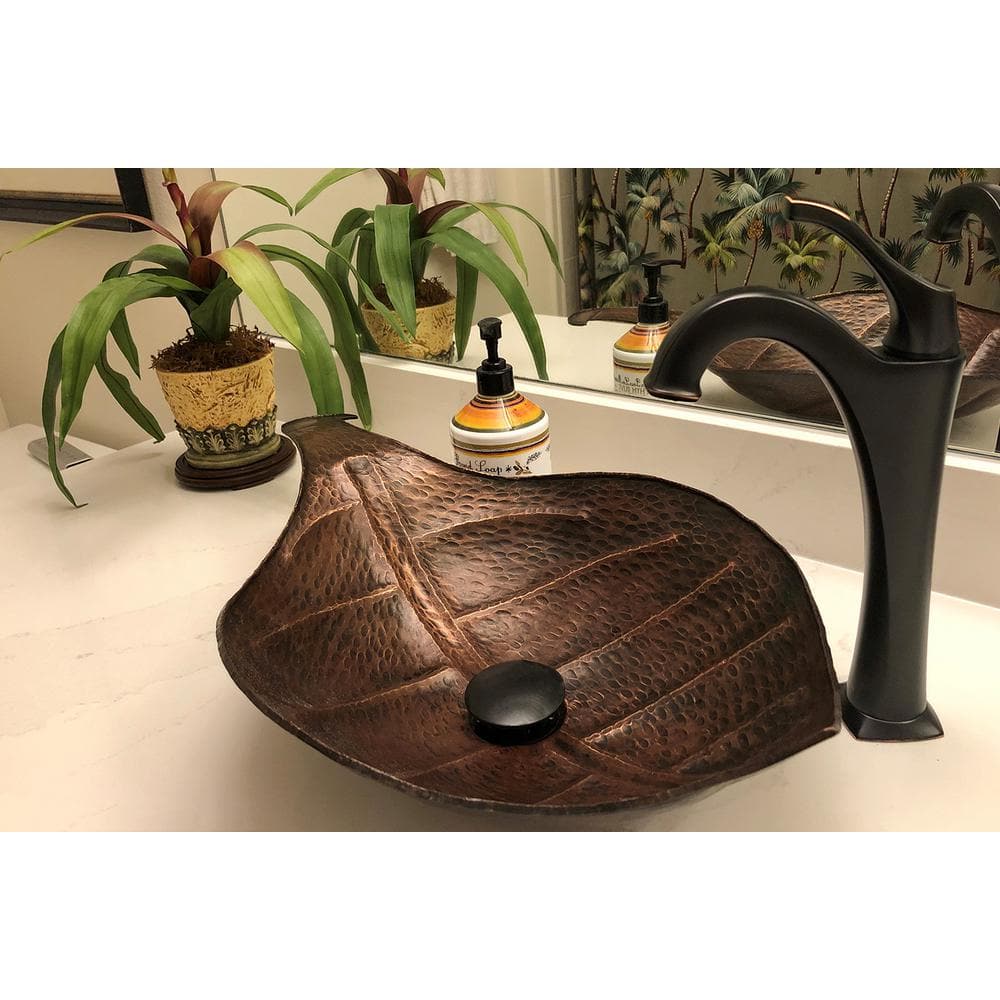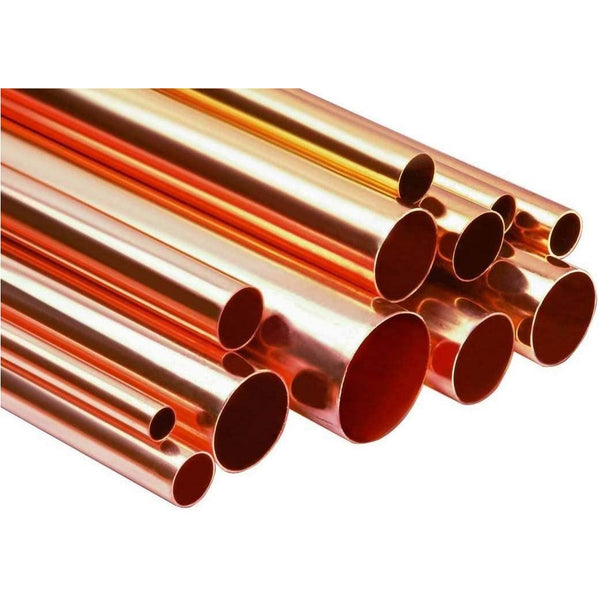Top Trends in Home Decoration Featuring Fashionable and Useful Copper Products
Top Trends in Home Decoration Featuring Fashionable and Useful Copper Products
Blog Article
Discovering the Diverse Applications of Copper Products in Modern Industries
Copper products have actually developed themselves as essential components across a myriad of modern industries, largely because of their exceptional conductivity, malleability, and resistance to corrosion. From improving the effectiveness of electric systems to playing an important function in renewable power technologies, the convenience of copper appears. Its recyclability placements it as a lasting selection in production and electronic devices. As markets progressively focus on development and sustainability, the diverse applications of copper necessitate a closer assessment, particularly regarding their possible impact on future ecological techniques and technological innovations.
Electrical Applications of Copper
Copper is a vital product in the electrical market, representing about 60% of the complete demand for non-ferrous steels internationally - Copper Products. Its premium electrical conductivity, which is almost two times that of aluminum, makes it the preferred selection for a large range of electric applications. From electrical wiring systems in business and domestic structures to high-voltage power transmission lines, copper makes certain effectiveness and reliability in electricity delivery
In addition to electrical wiring, copper is essential to the production of electrical parts such as transformers, motors, and generators. These components leverage copper's thermal conductivity and pliability, crucial for warm dissipation and efficient efficiency. In addition, copper's resistance to corrosion improves the lifespan and longevity of electrical systems, making it an affordable solution in the long-term.
The growth of renewable resource sources, such as solar and wind power, has additionally boosted the need for copper in electric applications. As industries shift towards sustainable energy remedies, copper's function comes to be a lot more vital. Generally, the flexibility and efficiency characteristics of copper strengthen its status as a cornerstone material within the electric industry, driving development and effectiveness throughout various applications.
Plumbing and Piping Solutions
In modern pipes systems, the selection of products considerably impacts both performance and longevity. Copper has become a recommended choice because of its unique buildings, including corrosion resistance and antimicrobial qualities. These attributes make sure that copper piping continues to be long lasting and secure for delivering drinkable water, an important factor to consider in property and industrial applications.
Among the crucial benefits of copper in pipes is its capability to endure high temperature levels and stress, making it ideal for a variety of applications, from warm water systems to heating and cooling networks. Additionally, copper's versatility permits simpler setup in intricate piping formats, reducing the threat of failings and leakages.
One more noteworthy benefit is copper's long life-span, often surpassing half a century with appropriate maintenance. This longevity not only reduces replacement expenses however also contributes to lasting methods by minimizing waste. Copper's recyclability aligns with modern-day ecological standards, promoting a round economy within the plumbing industry.
Copper in Renewable Energy
The convenience of copper extends beyond pipes applications, playing a crucial function in the renewable power field. In solar panels, copper is made use of in photovoltaic or pv Copper Products cells and electrical wiring, assisting in efficient power conversion and transmission.

In addition, as the worldwide need for electric vehicles (EVs) rises, copper's role in battery systems and charging infrastructure becomes even much more substantial. The product's capacity to perform electrical energy successfully is important to the performance of EV batteries, improving range and billing rate.
Copper's Function in Electronics
Electronics producing relies heavily on copper's extraordinary properties, particularly its high electrical conductivity and thermal efficiency. These attributes make copper an excellent option for a broad variety of digital parts, consisting of ports, circuit boards, and circuitry. The steel's ability to efficiently transmit electrical signals makes certain minimal power loss, which is important in high-performance digital tools.
Additionally, copper's thermal conductivity plays a considerable duty in warm dissipation, protecting delicate parts from overheating. useful site This is specifically crucial in modern-day electronic devices, where portable layouts cause increased warmth generation. Copper is likewise favored for its malleability and ductility, permitting it to be conveniently shaped into elaborate layouts that meet the needs of sophisticated electronic applications.
With the surge of customer electronics, telecommunications, and electrical vehicles, the demand for copper in the electronics market proceeds to expand. Thus, copper continues to be a cornerstone material in the ever-expanding field of electronics.
Ingenious Utilizes in Production

One remarkable application is in additive production, where copper-based materials are employed in 3D printing processes. This enables the development of complex geometries and light-weight components, particularly in the aerospace and vehicle industries. In addition, copper's thermal conductivity makes it a suitable choice for warm exchangers, enhancing efficiency in commercial cooling systems.
Additionally, the rise of wise production has seen the consolidation of copper in IoT devices, where its conductive capacities support advanced picking up innovations. In the world of renewable resource, copper is crucial in the production of solar panels and wind generators, facilitating a lot more reference reliable power conversion and circulation.
As sectors strive for sustainability and advancement, copper's convenience and performance continue to position it as a critical material, driving improvements in production and adding to the growth of smarter, much more effective products.
Verdict
In summary, copper products demonstrate amazing adaptability throughout numerous contemporary industries. Copper Products. Their exceptional conductivity boosts electrical applications, while corrosion resistance guarantees dependability in pipes. The essential function of copper in eco-friendly power and its crucial feature in electronic devices highlight its value beforehand sustainable practices. Additionally, innovative uses in making emphasize copper's flexibility and sustaining value. Jointly, these applications highlight copper's essential payment to technological progress and industrial performance in modern culture.
From enhancing the effectiveness of electrical systems to playing a crucial duty in sustainable energy technologies, the convenience of copper is obvious. As industries increasingly prioritize advancement and sustainability, the diverse applications of copper necessitate a closer assessment, specifically concerning their prospective impact on future technical developments and ecological methods.
The growth of eco-friendly energy resources, such as solar and wind power, has additionally increased the demand for copper in electrical applications. In general, the convenience and performance features of copper solidify its standing as a keystone material within the electric sector, driving advancement and efficiency throughout different applications.
The adaptability of copper extends past plumbing applications, playing a crucial role in the sustainable power sector.
Report this page